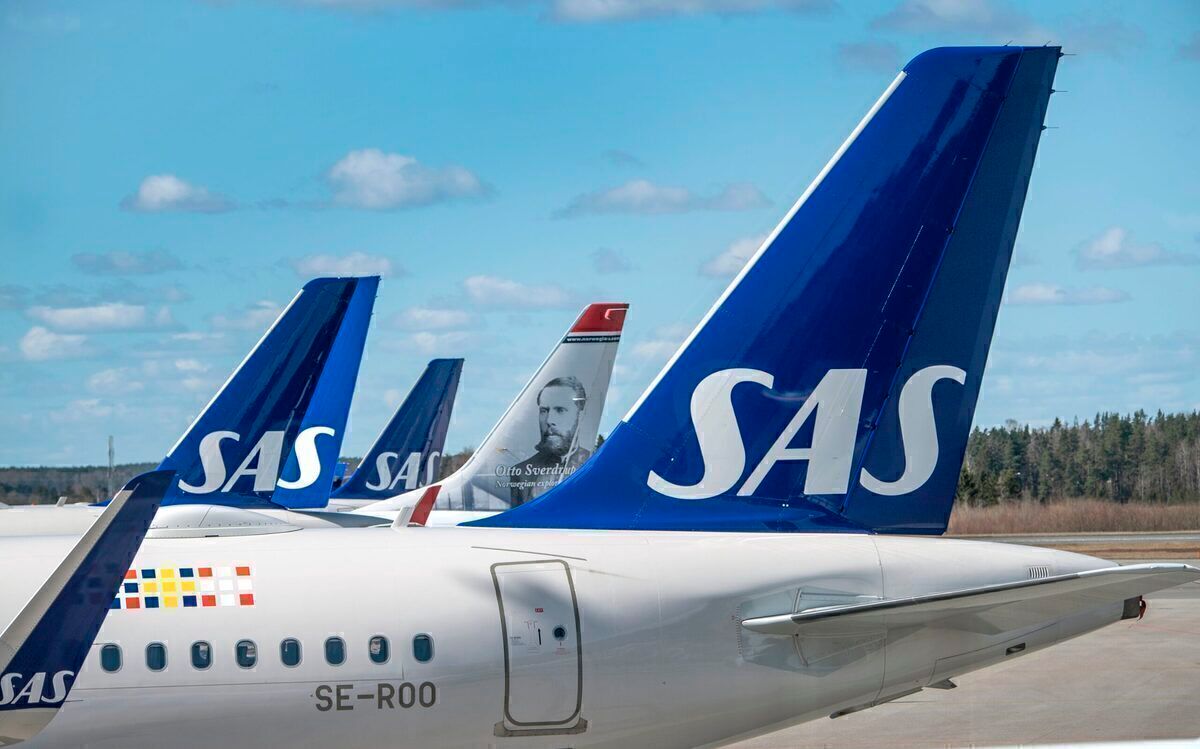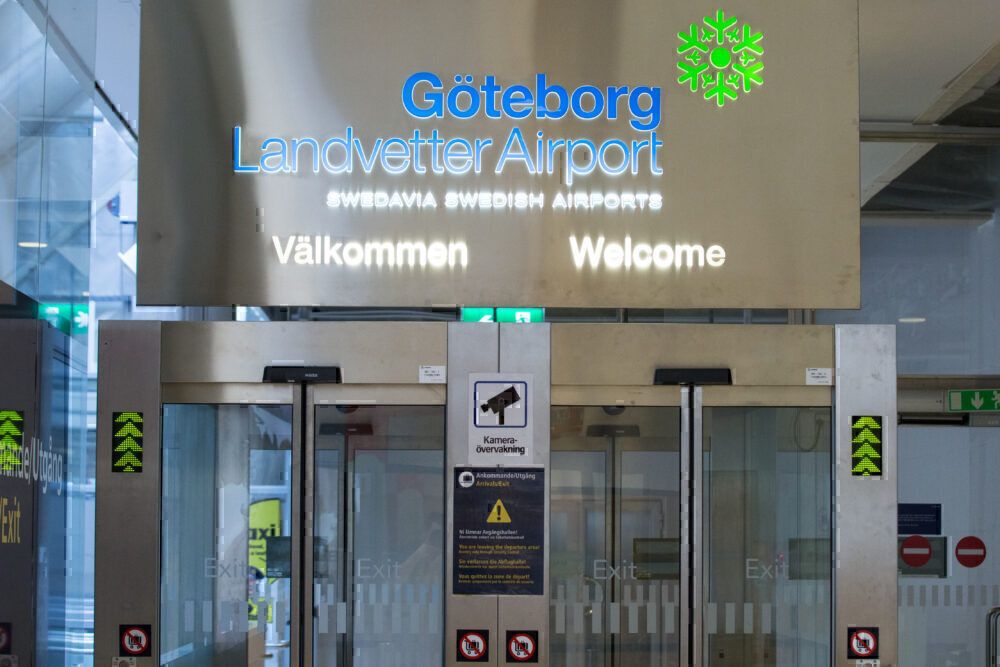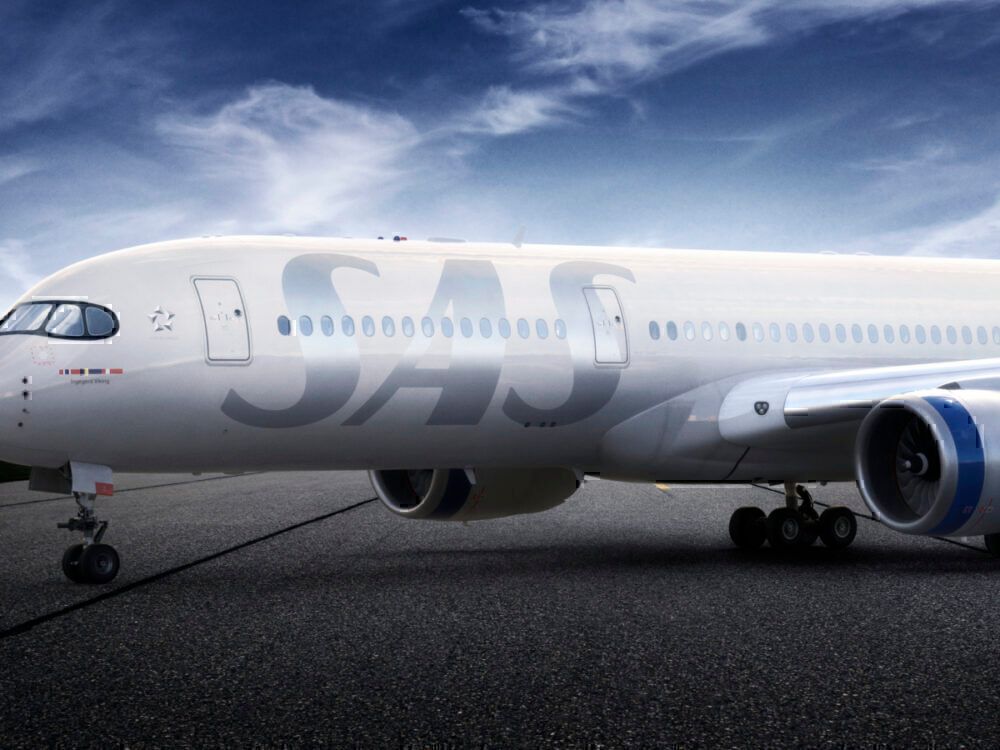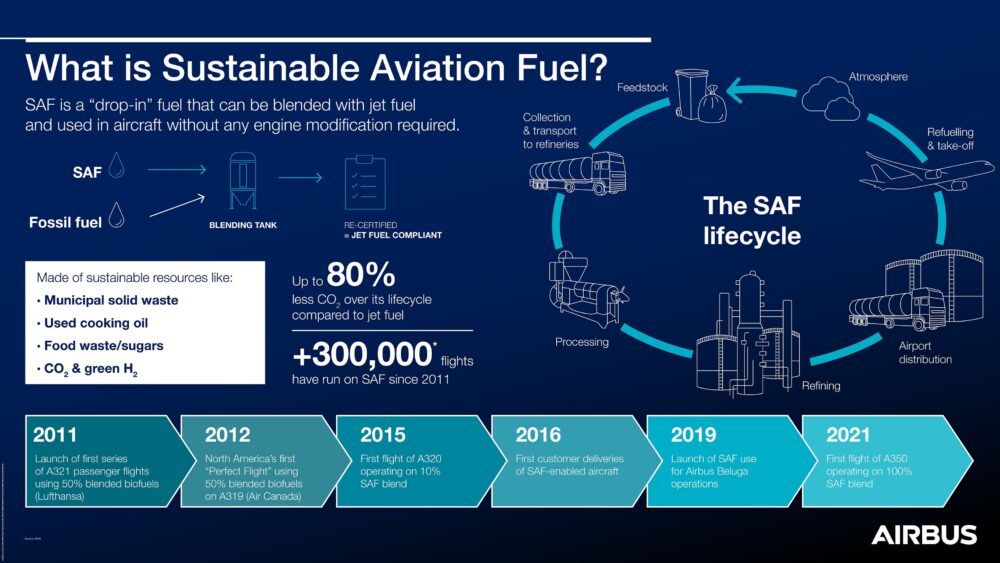Sweden is considering changing its take-off and landing fees and is planning to base them on aircraft emissions in a bid to tackle climate change. Fees are to be calculated according to plane type and fuel type, with more efficient planes and biofuels to be rewarded with lower fees.
Climate-adjusted take-off and landing fees
Sweden will look to implement a new system of take-off and landing fees that takes emissions into account. Heavily polluting planes will be charged steeper fees, while newer, more efficient planes will have their fees reduced. This will also include planes using biofuels and applies to both passenger and freight operations.
The move is said to be an EU-first and possibly a world-first. According to Sweden's Ministry of Infrastructure,
“This means that takeoff and landing fees can be more significant when a plane’s climate impact is higher and they can be reduced when the climate impact is lower.”
The scheme is set to come into force by July and will initially apply to Stockholm Arlanda Airport and Gothenburg Landvetter Airport, the two busiest airports in Sweden. The project has yet to receive approval from parliament, with organizers claiming they are still fine-tuning the details.
Stay informed: Sign up for our daily and weekly aviation news digests.
Leading the charge against climate change
According to the Air Transport Action Group (ATAG), aviation is responsible for 2% of all human-induced carbon dioxide emissions, creating 915 million tonnes of CO2 in 2019. The latest move by Sweden hopes to incentivize airlines to switch to newer aircraft and utilize environmentally-friendly biofuels.
Tomas Eneroth, Sweden's Minister for Infrastructure, announced on Twitter,
"The transport sector must change. It feels good to say today that we are the first country in the EU to now proceed with the introduction of climate-based take-offs and landing fees at the country's two largest airports."
As well as being the home of famous climate activist Greta Thunberg, Sweden kickstarted the 'flygskam' (flight shame) movement, which led to a significant drop in air travel across the country. In the first quarter of 2019, domestic flights dropped by 8%, with Swedes opting to travel by train instead. According to the Swedish government, the country is the only EU member to reduce its carbon emissions in surplus.
What is the rest of the world doing?
Other countries have implemented their own schemes to tackle climate change. In 2019, France announced its 'eco-contribution tax' proposal and has since proposed upping the tax by a whopping 1900%. The UK has a similar 'Air Passenger Duty' tax which was put in force partly to offset carbon emissions, although it doesn't factor in aircraft or fuel type.
Airlines are increasingly getting onboard with climate-friendly schemes, especially those involving biofuels. Ryanair announced its involvement in the Fueling Flight Initiative this month, while BA moved forward its plans to use biofuel from 2025 to next year.
Do you think rewarding airlines with cheaper take-off and landing fees will be enough? What else can authorities do to encourage greener air travel? Let us know your thoughts in the comments.




